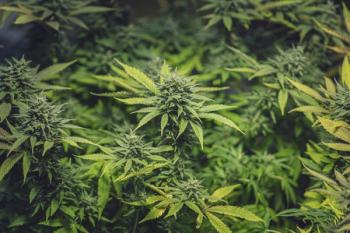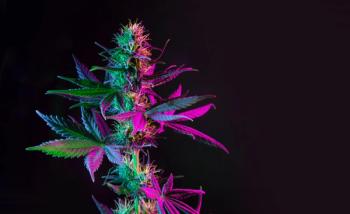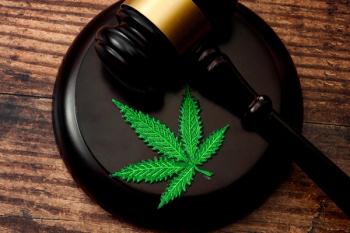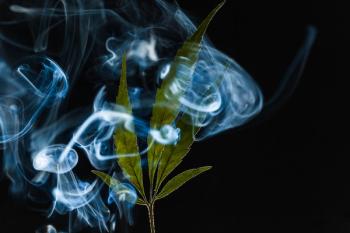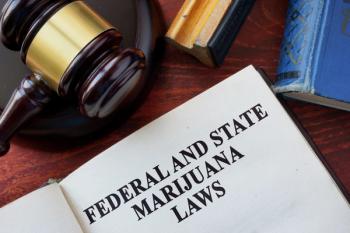
Study Finds Half of CBD-Related Tweets Market Therapeutic Claims
CBD is a hot topic on the internet and social media, but large percentages of posts are making therapeutic claims that are not FDA approved or backed by enough research.
In a unique study, researchers found that over 50% of cannabidiol (CBD)-related tweets on Twitter appear to be marking-related chatter. Researchers further found that these tweets used a pattern-based approach that finds the presence of a condition, a therapeutic effect indicating term, and a CBD term in a small window of text. Pain and anxiety were the most popular conditions discussed in these marketing tweets.
Even with warnings from the FDA about the unproven health claims from manufacturers, the CBD market share was nearly $3 billion USD in 2020 and is expected to reach $55 billion USD in 2028. With such a large market, it is especially important to assess health claims being made primarily in marketing messages on social media.
Researchers collected over 2 million English tweets discussing CBD and created a hand-labeled dataset and built machine learned classifiers to differentiate marketing tweets from regular tweets from consumers. The best of the classifiers reached 85% precision, 83% recall, and 84% F-score.
Using the terms “CBD,” “cbdoil,” and “cannabidiol,” 2.2 million tweets authored just in July 2019 were found. After data were collected, the tweets were processed to ignore short, uninformative tweets, tweets not written in English, and duplicate tweets.
The aim of this search was to find a relative ranking of popular therapeutic claims of CBD products implied or stated in marketing tweets. Of all the tweets collected, 50.37% of tweets were determined to be marketing tweets.
Researchers determined the top 10 different conditions that were referenced in the tweets. In order of least to most therapeutic claims, the top conditions included nausea, headache, seizure disorders, depressive disorders, cancer, inflammation, stress, sleep disorders, anxiety disorders, and pain. CBD edibles and oils were the 2 most common types of products at 75% and 18% respectively.
Researchers reported several limitations. For the full list of limitations, please see the full study.
“In a first of its kind study, we analyzed the presence of therapeutic claims for CBD in marketing messages on Twitter. To do this we first created a hand-labeled dataset and built a classifier to identify marketing messages from CBD themed tweets,” the researchers concluded.“ The classifier was subsequently applied to the full corpus of over a million CBD tweets.”
Reference
1. Soleymanpour M, Saderholm S, Kavuluru R. Therapeutic claims in cannabidiol (CBD) marketing messages on Twitter. Proceedings (IEEE Int Conf Bioinformatics Biomed). 2021;2021: 3083-3088. doi: 10.1109/bibm52615.2021.9669404.
Newsletter
Pharmacy practice is always changing. Stay ahead of the curve with the Drug Topics newsletter and get the latest drug information, industry trends, and patient care tips.

